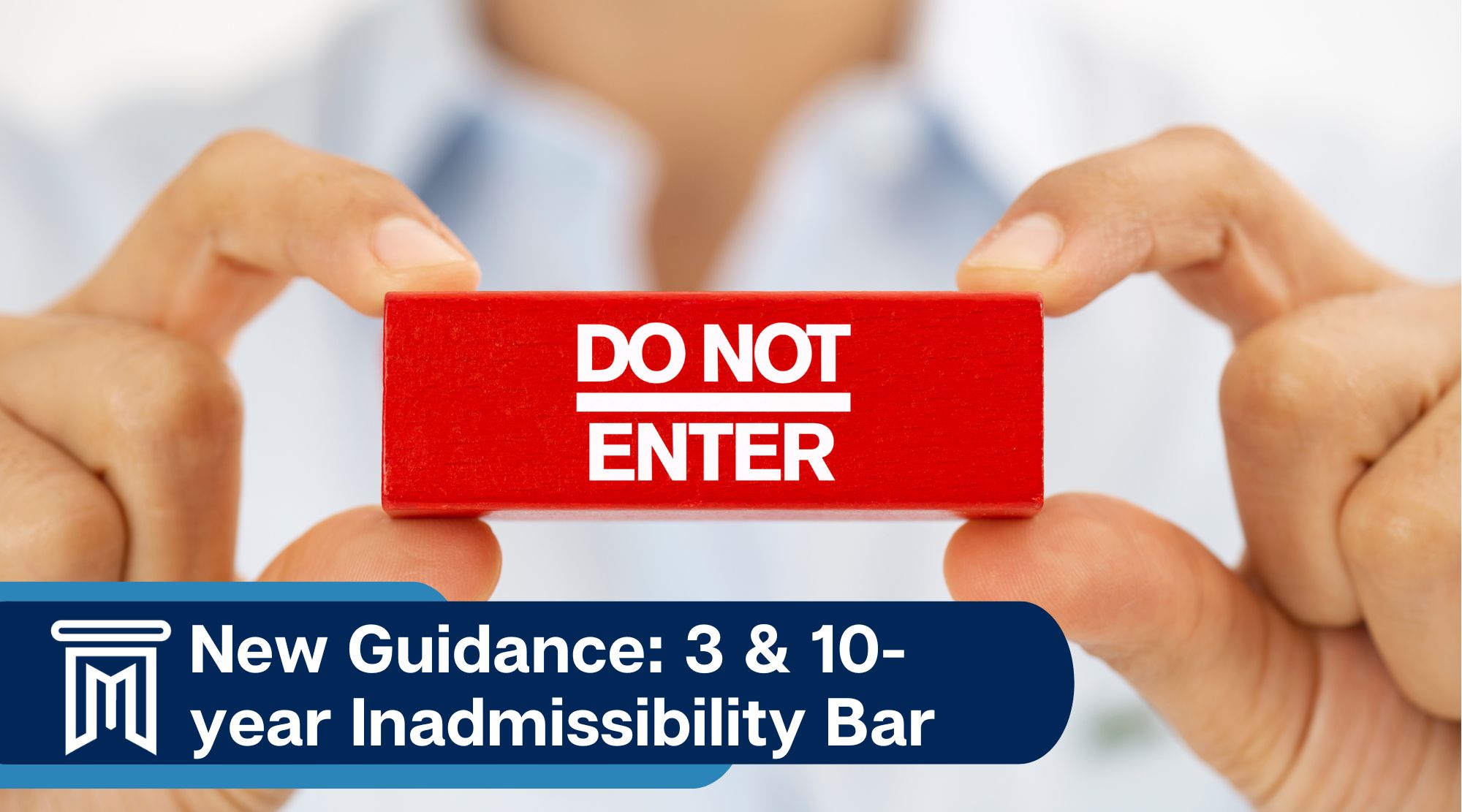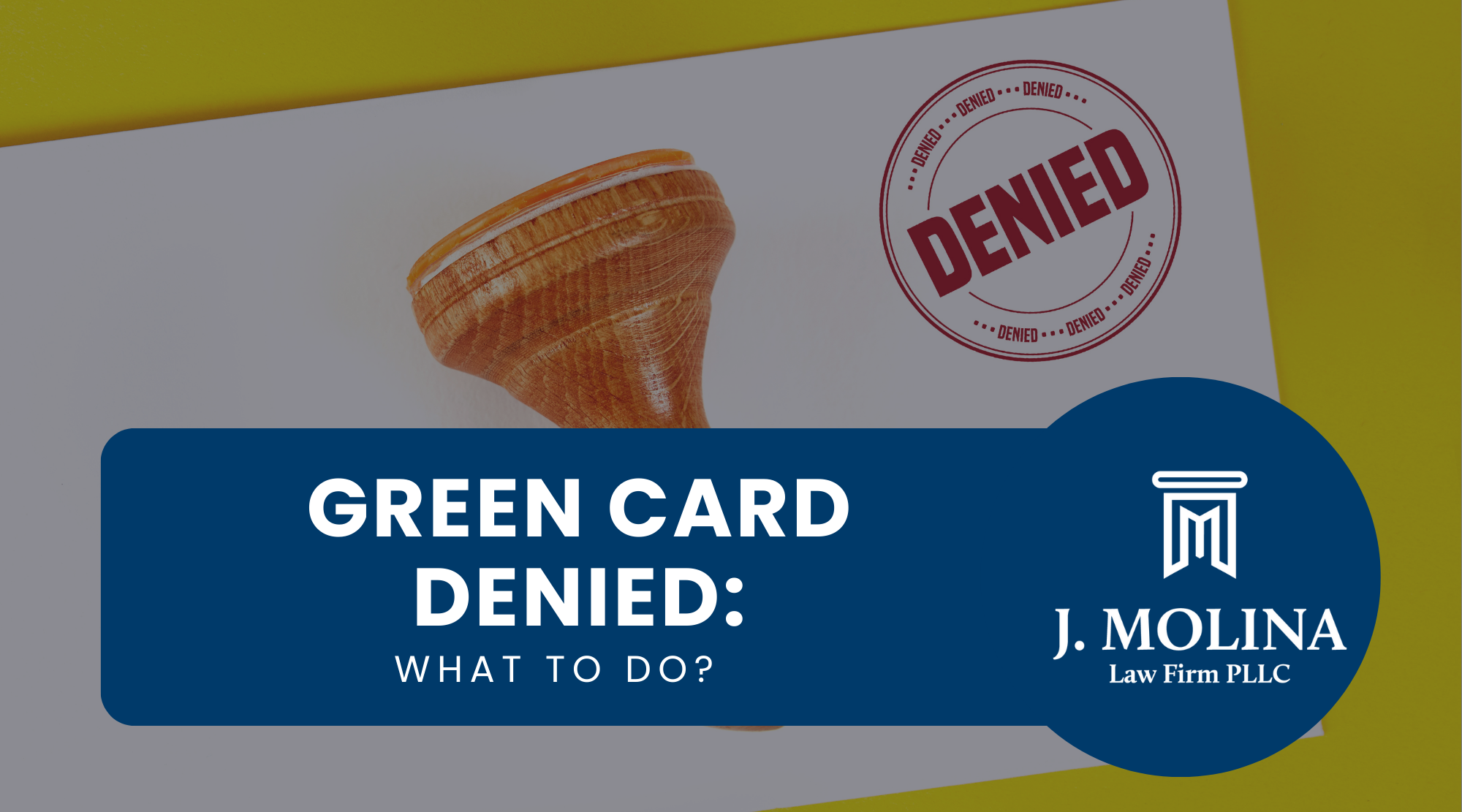On June 24, 2022, USCIS clarified the 3 & 10-year unlawful presence bars. USCIS explained that “a noncitizen who again seeks admission more than 3 or 10 years after the relevant departure or removal, is not inadmissible under INA §212(a)(9)(B) even if the noncitizen returned to the United States, with or without authorization, during the statutory 3-year or 10-year period. A noncitizen’s location during the statutory 3 year or 10 year period and the noncitizen’s manner of return to the United States during the statutory 3-year or 10-year period are irrelevant for purposes of determining inadmissibility under INA §212(a)(9)(B)”
What does this mean? To fully understand this, think about the following hypothetical example:
John, who grew up without parents, came to the United States as a tourist in 2000. He was allowed to stay in the U.S. for 6 months only, but he fell in love and chose to stay longer than the 6 months. After a year, his girlfriend broke up with him and moved to Mexico. Still in love with her, he goes to Mexico in 2001. After talking to her, he realizes that the relationship is over, so he uses the same visa he used in 2000 to go back to the U.S. The Immigration officer doesn’t ask him any questions and approves his entry. Technically, John could not come back to the U.S. for ten years because he had been there for more than a year without a legal visa, but he was able to get in legally. A year later, John’s ex-girlfriend comes back to the U.S. and gives birth to his son, John Jay, without John knowing. John’s ex-girlfriend calls him and tells him about John Jay and that she cannot take care of the child. John raises John Jay by himself. He never gets married again. John’s only family left is John Jay. In 2022, John Jay wants to help his father get a green card by starting the family petition process.
Before the policy change, in some jurisdictions, USCIS would have told John he needed a waiver for the 10-year bar because he had not spent 10 years abroad, despite the law not requiring 10 years outside the U.S. John would not qualify for a waiver because he is not married to a U.S. citizen or lawful resident and his parents are dead.
Now, thanks to the change in interpretation, John would not need a waiver because his inadmissibility bar ended in 2011. John can get a green card through his son. However, if John had reentered unlawfully, he would be inadmissible under a permanent bar.
Unlawful presence in the United States is a complicated topic and every immigration situation is different. That’s why it is important to talk to an immigration lawyer with a lot of experience. Call us at (469) 708-5800 if you need help with an inadmissibility issue or want to find the best solution for your case. You can make an appointment right now with Mr. Molina!



